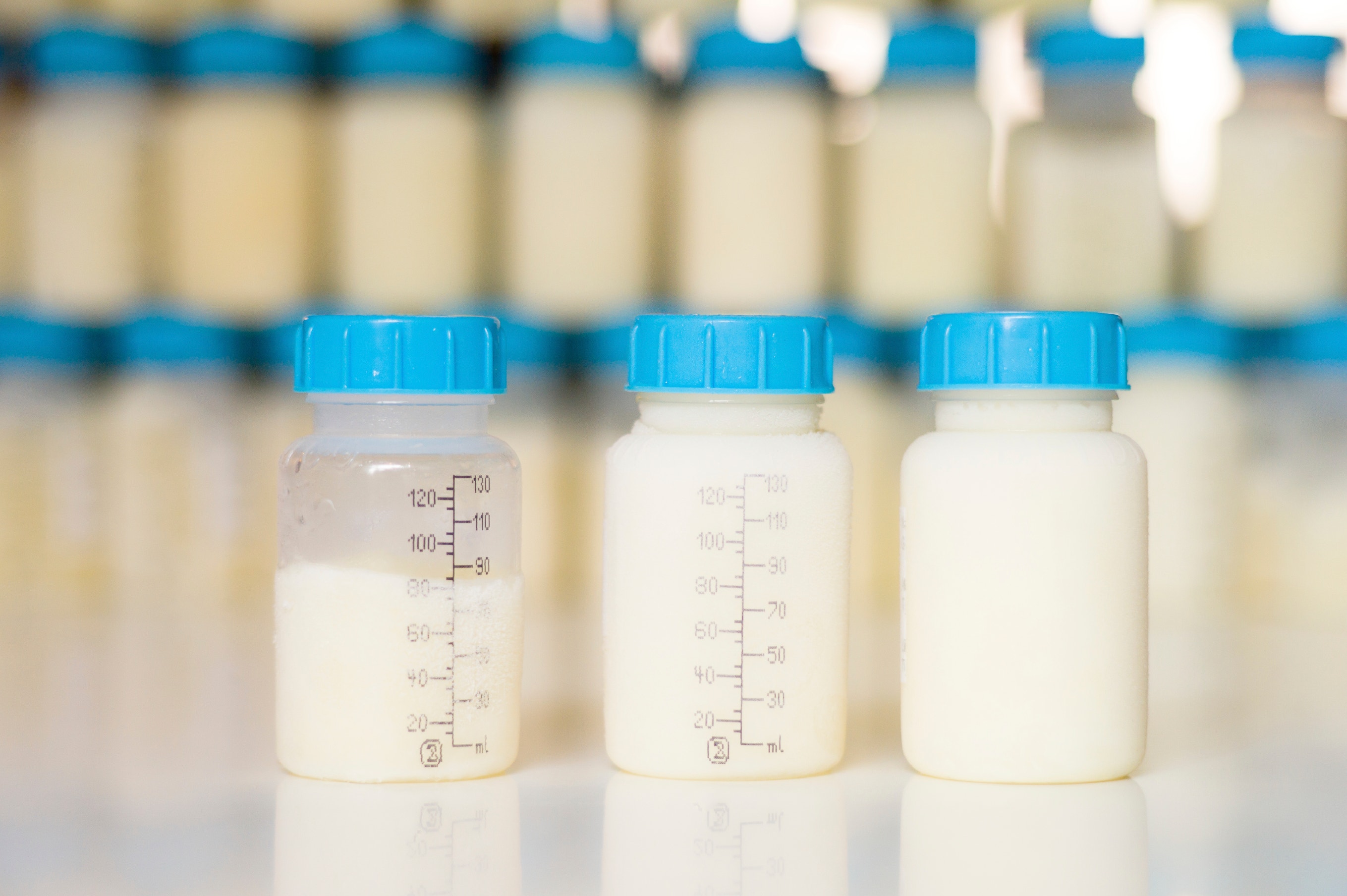Fact-checker says critics misrepresented ‘chestfeeding’ after CDC controversy

[ad_1]
Fact-checking media outlet PolitiFact defended the controversial term “chestfeeding” after the Centers for Disease Control was criticized for publishing guidance on how transgender parents can “chestfeed” their infants.
PolitiFact argued medical professionals who accused the health agency of giving dangerous advice had “misrepresented what chestfeeding is, how the term is used and raised fears over medications involved in induced lactation.”
The outlet defended the term “chestfeeding” as more inclusive to transgender men, who may have had their breasts removed but still want to feed their infants.
“These parents, who were pregnant and had a baby, may also want to nurse their newborn infants but prefer a word other than breastfeeding.’ The term may cause gender dysphoria, which can exacerbate mental health challenges such as anxiety and depression,” the article reads.
The fact-checker also cited studies suggesting that milk produced by drugs and hormone therapies was the same quality as milk naturally produced by mothers.
CDC GIVES GUIDANCE FOR TRANS PEOPLE ‘CHESTFEEDING’ KIDS, ACCUSED OF FAILING TO CONSIDER POSSIBLE HEALTH RISKS

Photo of a young mother holding her newborn baby, while putting him to sleep. (iStock) (iStock)
“The development of mammary glands and breast tissue can occur in trans women who take estrogen and progesterone as a part of hormone replacement therapy,” PolitiFact wrote. Dr. Casey Rosen-Carole, chief of the Division of Breastfeeding & Lactation Medicine at the University of Rochester School of Medicine, told the outlet that one study showed that mammary tissue in transgender women who have taken hormones can be “as well organized for milk production as someone who was assigned female at birth.”
The fact-checker also pushed back on criticism from medical professionals who argued that lactation-inducing drugs could be passed along in the milk and be dangerous for infants.
Earlier this month, U.S. Sen. Roger Marshall, who served as an obstetrician for 25 years, slammed the government health agency after its advice on how transgender parents who’ve had breast surgery “can breastfeed or chestfeed their infants,” went viral.
Marshall accused the CDC of placing “politics and its social agenda ahead of science and the health of newborns,” saying their advice endorsed anti-nausea medication Domperidone, “a risky drug not legally approved or sold in the U.S.,” to induce milk production.
MEDIA CONTINUE TO TOUT DOCTORS DEFENDING TRANSGENDER TREATMENTS FOR CHILDREN IN CBS INTERVIEW

Breastfeeding and storage: Frozen mother milk with ice around the bottle freshly taken out of the freezer. (Sandra Ranzetti)
CLICK HERE TO GET THE FOX NEWS APP
The Daily Mail also spoke to several doctors who noted there are health risks with this drug, and they pose uncertain long-term health risks to the infant.
Dr. Stuart Fischer, a New York-based internal medicine physician, told the Daily Mail that it is “very hard to believe” that the breast milk naturally-occurring in a biological female is the same as the breast milk induced in a biological man.
He is also noted it is uncertain how the latter form of breast milk would affect infants, asking, “If it’s been tested a handful of times, how would we know the long-range effect? The short-term is one thing, but the long-term in terms of physical and mental illness…”
“It’s an emerging field, to put it mildly,” Fischer added.
PolitiFact addressed these concerns by pointing out that the CDC website did not explicitly endorse this drug, but says transgender “families may need help with…medication to induce lactation or avoiding medications that inhibit lactation.” The organization denied “endorsing using drugs to induce lactation” in a statement to the media outlet.
PolitiFact’s article also cited a case study published this year on the NIH website which reportedly found a transgender woman was able to produce milk as “nutritionally adequate and co-equal to milk produced by cis-gender women.” However, the case study reported this effect was achieved through using the very FDA-banned drug, Domperidone, that some doctors had warned about.
The CDC did not immediately respond to a request for comment.
For more Culture, Media, Education, Opinion, and channel coverage, visit foxnews.com/media.
Fox News’ Gabriel Hays contributed to this report.
[ad_2]